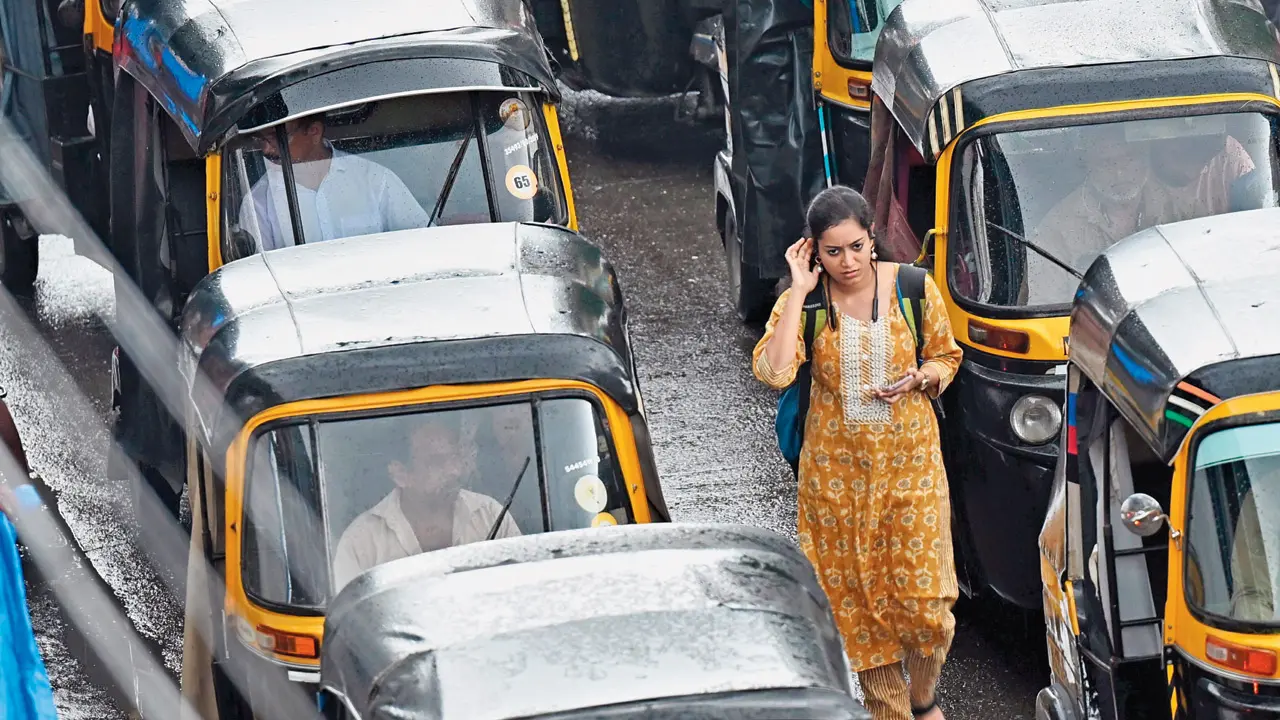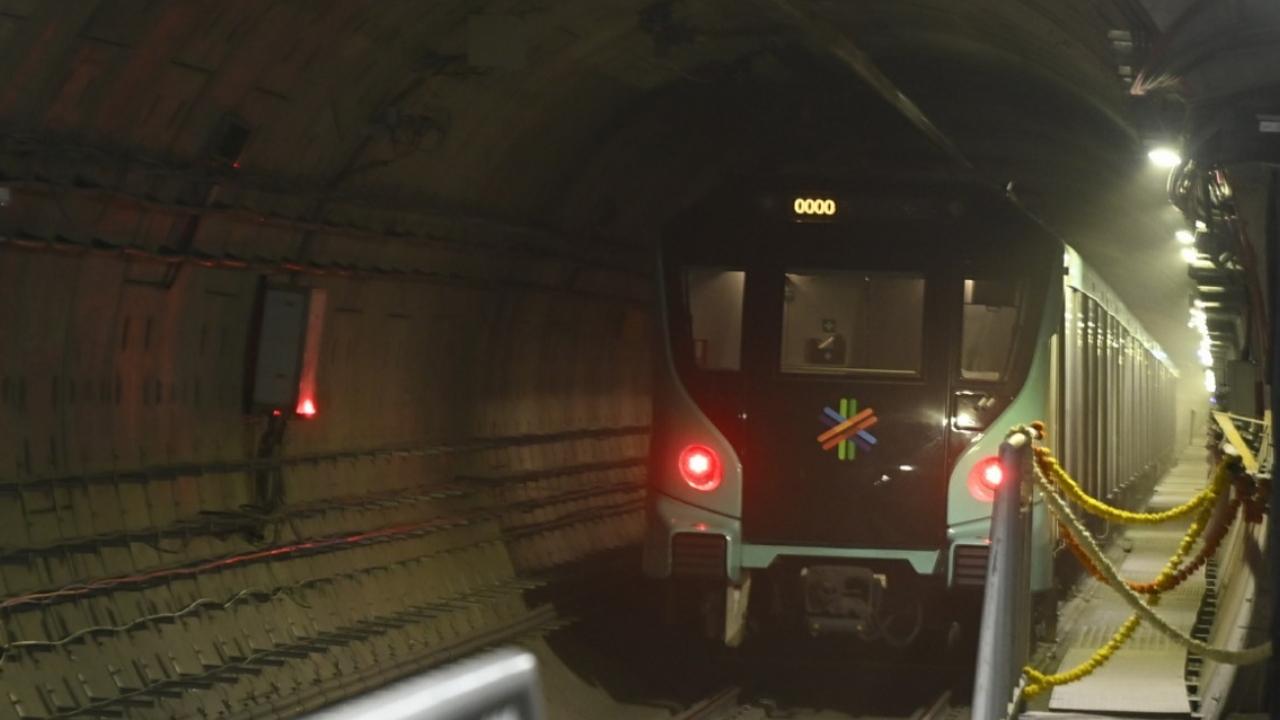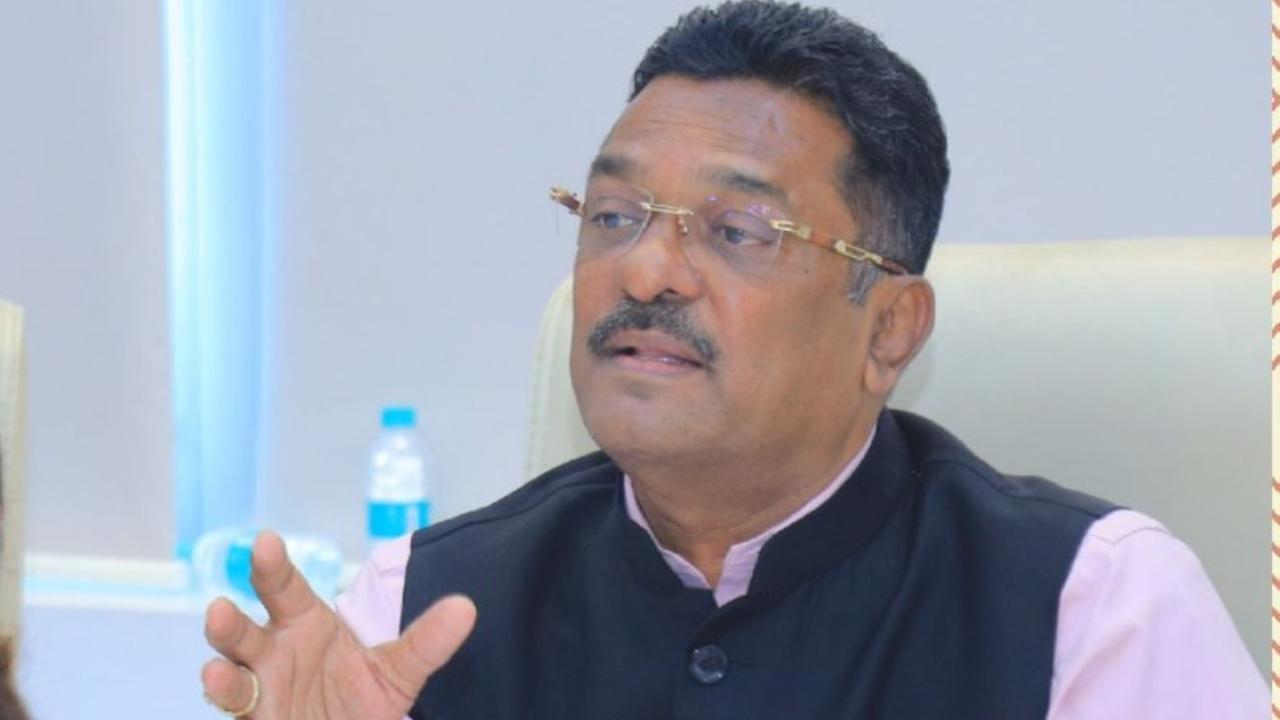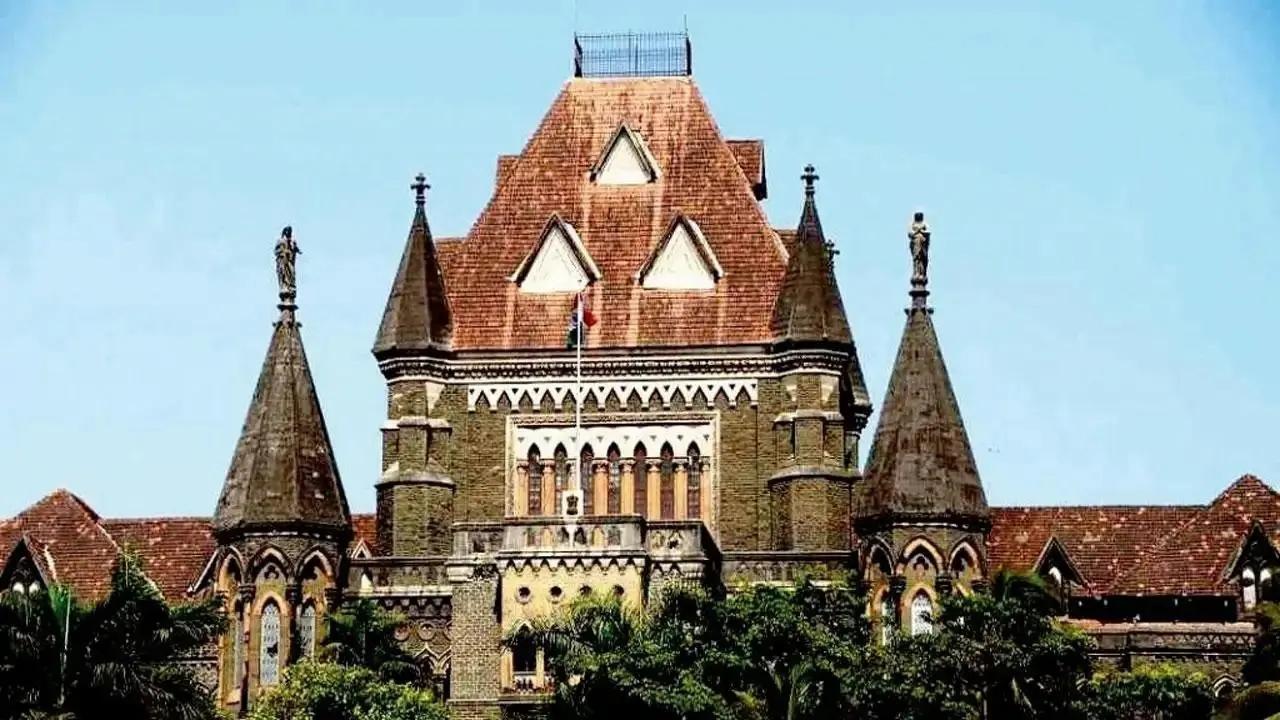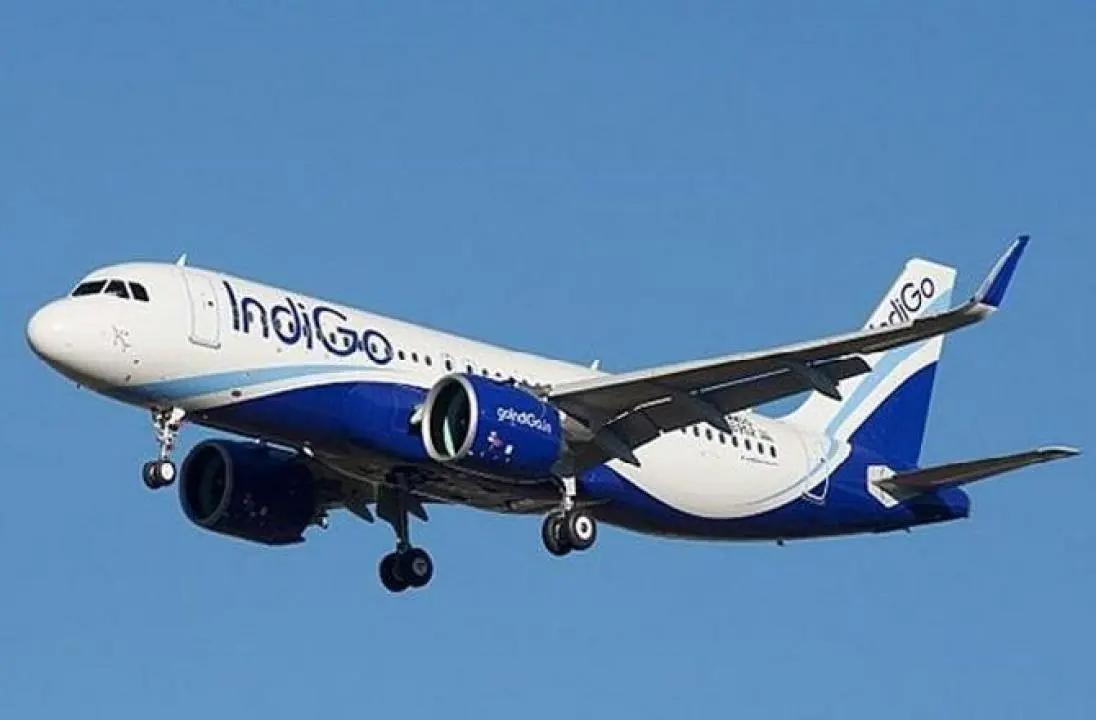Mumbai’s auto and taxi drivers say they are unable to switch to electric vehicles due to the lack of infrastructure and basic facilities needed to operate them. A report launched by Maharashtra Transport Minister Pratap Sarnaik highlighted the urgent interventions required to speed up EV adoption in the city’s last-mile transport sector. The survey, conducted through face-to-face interviews with 1200 autorickshaw and taxi drivers across all 24 municipal wards of Mumbai, underscored the pressing need for support systems if electrification is to take off.
Speaking at the launch of the report titled “Wheels of Change, Understanding EV Adoption for Mumbai’s Auto & Taxi Drivers”, Sarnaik said creating an environmentally friendly “New Mumbai” is a shared responsibility achievable only through the collective efforts of all stakeholders. “The EV revolution is not just a change in the transport sector, but a transformative step towards building a clean, healthy, and economically viable Mumbai,” he said.
The minister noted that Maharashtra has set ambitious targets under its Electric Vehicle Policy to make the state, including Mumbai, a green transport hub. He emphasised that active participation by auto and taxi drivers will play a crucial role in this shift. The report found that high upfront costs and the absence of adequate charging infrastructure remain the biggest barriers to electrifying Mumbai’s autorickshaw and taxi fleets.
“Electric vehicles are not just eco-friendly, but also an instrument of economic empowerment for public transport drivers. They ensure independence from volatile fuel prices and open new avenues for better income,” Sarnaik added.
Maharashtra Transport Commissioner Vivek Bhimanwar said: “Transitioning autorickshaws and taxis to electric is an important step we can take for cleaner air and lower emissions in Mumbai. Studies like this help us fine-tune policies, direct investments where they matter most, and give momentum to Mumbai’s shift toward a cleaner, more inclusive public transport future.”







